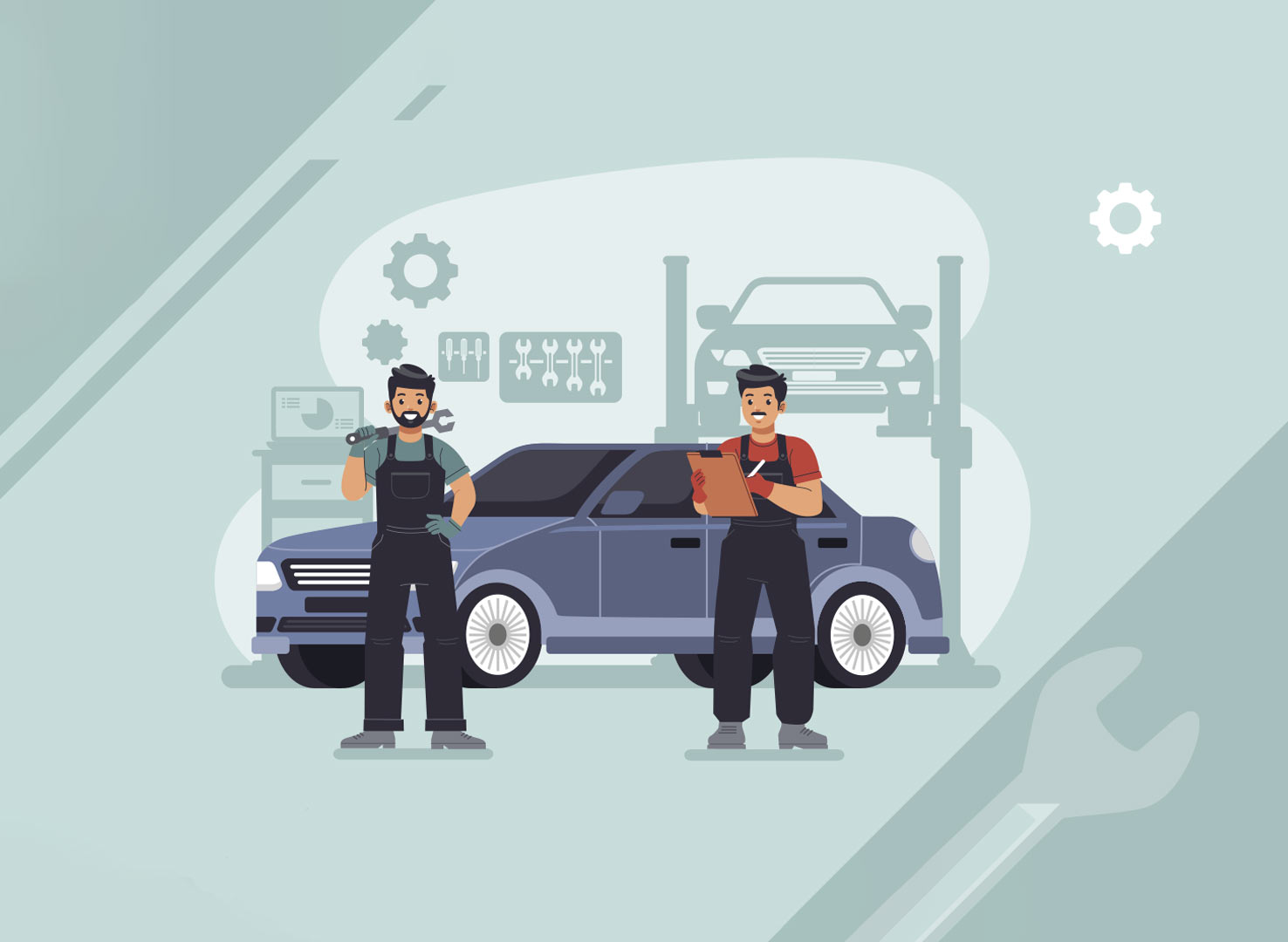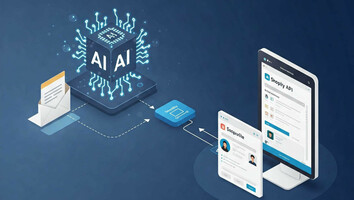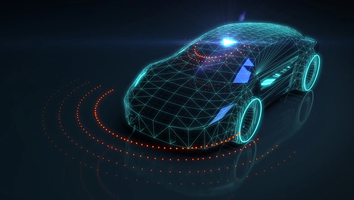The automobile industry has witnessed remarkable advancements in recent years, and the integration of artificial intelligence (AI) technologies has played a significant role in shaping its future. One groundbreaking AI model that has the potential to revolutionize the automobile industry is PrivateGPT.
In this blog post, we will delve into the transformative capabilities of PrivateGPT and how it can reshape various aspects of the automobile industry.
Vehicle Design and Innovation
PrivateGPT can revolutionize vehicle design and innovation processes. By leveraging its deep learning capabilities, PrivateGPT can analyze vast amounts of data, including customer preferences, market trends, and safety regulations. This enables automakers to create more innovative and customized vehicle designs that cater to the evolving needs and preferences of consumers. PrivateGPT's insights can lead to the development of vehicles that are not only aesthetically pleasing but also optimized for performance, safety, and sustainability.
Manufacturing Optimization
PrivateGPT can optimize manufacturing processes in the automobile industry. By analyzing production data, identifying bottlenecks, and suggesting improvements, PrivateGPT can enhance efficiency, reduce costs, and streamline operations. It can assist in predictive maintenance, analyzing machine performance data to anticipate potential failures and optimize maintenance schedules. This ensures minimal downtime, improved productivity, and enhanced overall manufacturing efficiency.
Intelligent Driver Assistance Systems (IDAS)
PrivateGPT can contribute to the development of intelligent driver assistance systems (IDAS), taking vehicle safety to new heights. By analyzing real-time data from various sensors, cameras, and other sources, PrivateGPT can provide advanced object recognition, predict potential hazards, and deliver proactive alerts to drivers. This helps in preventing accidents, enhancing driver safety, and reducing the risk of human error on the road.
Personalized User Experience
PrivateGPT's natural language processing capabilities can transform the user experience within vehicles. Through voice recognition and contextual understanding, PrivateGPT can provide personalized assistance, answer queries, and offer recommendations to drivers and passengers. From adjusting vehicle settings to providing real-time navigation guidance, PrivateGPT can create a more intuitive and user-friendly interface, making the driving experience safer, more convenient, and more enjoyable.
Autonomous Vehicle Development
PrivateGPT can significantly impact the development of autonomous vehicles. With its ability to process and analyze vast amounts of real-time data, PrivateGPT can assist in decision-making processes, enhancing autonomous vehicle navigation, object recognition, and adaptive behavior. This contributes to the advancement of self-driving technology, making autonomous vehicles more efficient, reliable, and safe.
Conclusion
PrivateGPT holds immense potential to reshape the automobile industry by influencing vehicle design, optimizing manufacturing processes, enhancing driver safety, personalizing user experiences, and advancing autonomous vehicle technology. Its deep learning capabilities and natural language processing skills enable automakers to create innovative designs, streamline production, and deliver a superior driving experience. By leveraging PrivateGPT, the automobile industry can embrace a future of enhanced efficiency, safety, and personalized mobility, ultimately transforming the way we perceive and interact with automobiles.



